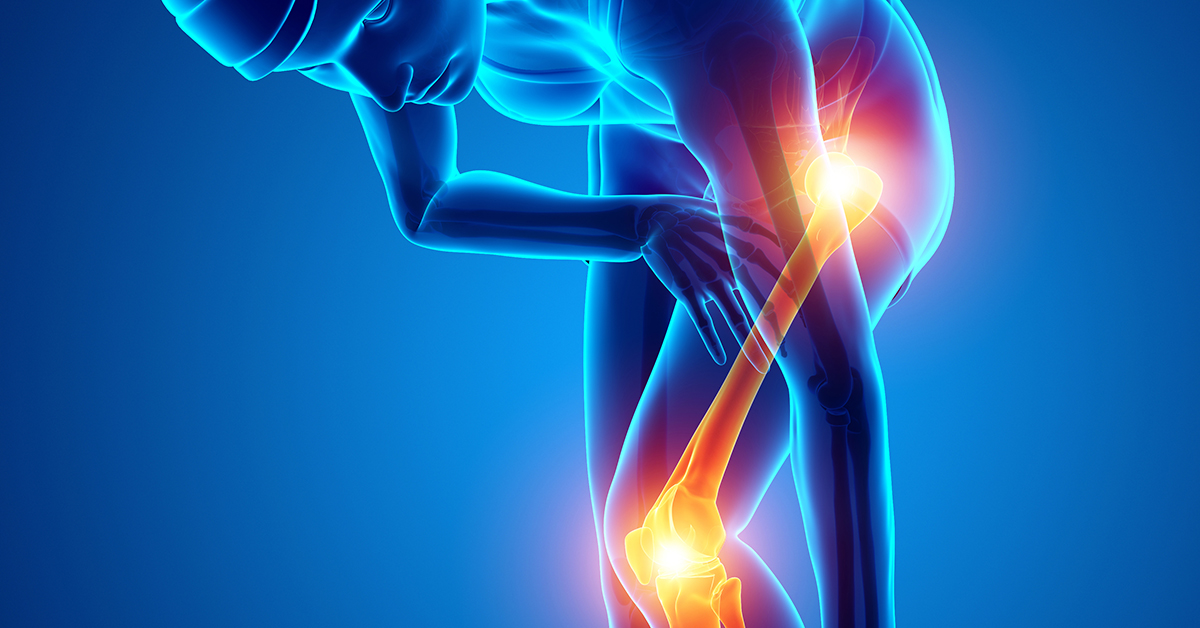
Your joint replacement won’t last forever. Check this out to find out why, and what you can do about it.
Why Joint Replacements Do Not Last Forever
You may have heard it down the grapevine or may have experienced it yourself – an individual has undergone a hip replacement not too long ago and now requires yet another one. This is not unheard of and many patients who have undergone previous replacements sometimes require a revision of the procedure that they underwent many years ago. Of course, at the time when the joint replacement was done, most patients believe that they would not require any future treatments whatsoever and the joint replacement would be pretty much the final surgery that they would need to sort out either that hip or knee. Unfortunately, this is far from the truth.
The Problem
One of the main reasons why joint replacements do not last a lifetime is mostly because of the amount of stress and strain that joints undergo during various movements. The primary purpose of a joint replacement is to help the patient resume the normal day-to-day activities. However, these day-to-day activities do not encompass ones where there is a great deal of stress being placed on the joint. For example, an individual who has undergone a total knee replacement may participate in some form of sporting activities that do not place a great deal of impact on the knee, but will be advised against participating in those activities that place a great deal of stress on the knee such as jumping and long-distance running. However strong the knee joint is following surgery and despite the great deal of improvement the patient notices, at the end of the day the replacement joint is not the natural joint and will succumb to constant stress. Of course, this aspect is not applicable to each and every patient and it is strongly recommended that patients get advice from their orthopedic surgeon or physician regarding what activities they can and cannot do.
Another aspect of joint placements and revision surgery is the duration that the joint would last in any individual. In other words, there is a particular span of time during which the replaced joint can function at full capacity, following which this capacity reduces dramatically. Patients may start to notice a small amount of pain during movement that reminds them of the symptoms that they experienced prior to the initial joint replacement. This is usually an indication to visit a doctor and get the joint examined.
The Solution
The best way to prevent a joint placement from getting damaged is to take care of it. If you wish to participate in sports, try and limit yourself to those that do not place a great deal of impact on the joints. Sports that can keep one healthy and prevent joint damage include swimming, stationary biking and even walking. Jogging, soccer and other high-impact sports must be avoided. Doing so can lengthen the lifespan of the replacement joint and can prevent the future requirement of a revision surgery.
